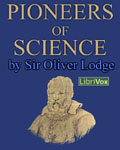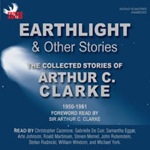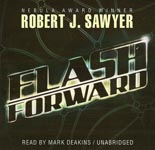
This essential interview with Philip K. Dick, conducted by Charles Platt and recorded in 1979 in Santa Ana, California, is sure to be immensely important for Dick scholars. It was recorded for Platt’s book Dream Makers: The Uncommon People Who Write Science Fiction.
Here’s the video converted back to audio, |MP3| and although it isn’t huffduffable, it is downloadable.
Notes:
-Dick was “plenty peculiar” because he read books
-he wasn’t gay despite his hanging around with gay friends
-Quakers were about the only group in the world Dick didn’t have some sort of grievance against
-Dick claims to have been kicked out of university for failing mandatory ROTC training
-Dick read The World Of Null-A by A.E. van Vogt and found in it great inspiration for his ideas about the perception of reality and reality itself
-Dick perceived his high school geometry teacher as a mechanism
–Roog and other “interior projection stories”
-Dick’s fiction can be incomprehensible if you do not accept his premise (namely that “each of us lives in a unique world.”)
–Martian Time Slip.
-When Dick went to a psychotherapist he was told he was an alcoholic (despite his being a teetotaler)
-“attack therapy”
-totalitarian communities
-why Dick writes about anti-heroes
-paranoia
-“I am inevitably persuaded by every argument that is brought to bare”
-private worlds
–The Three Stigmata Of Palmer Eldritch
–Time Out Of Joint
-artificial memories / false memories
-the influence of drugs on Dick’s writing was only in the output (using amphetamines he was completing 60 finished pages per day)
-Dick’s one real acid trip
–A Scanner Darkly
-cats and cat curiosity
-Carl Jung and “the collective unconscious”
-John Belushi (on Saturday Night Live)
-WWI and the battle of The Marne
-Sergei Eisenstein’s Alexander Nevsky
-WWI and the battle of The Marne
-Dick’s father fought in WWI (in the 5th Marines) and told Philip the stories about it
–All Quiet On The Western Front by Erich Maria Remarque
-“the god of this world is evil”
–Maze Of Death
–Ubik
–Eye In The Sky
-WWII
-something is terrible is wrong (when everyone cheers a burning man)
-empathy for animals (human and rodent)
-the killing of a rat (haunted Dick)
-Buddha
–Flow My Tears, the Policeman Said
-lambs and sheep
–Valis (his then latest novel)
-standing on the shoulders of giants
-disorder (evil) -> order (benign)
-Dick claims to have been eccentric but not insane
-“it fired my agent, it fired my publisher” (it being the spirit that was possessing him)
-Dick’s letter to the Roman Catholic Church (about the miracle that occurred)
-conspiracies
-the Cumaean Sibyl informed Dick that the American Republic is in danger of turning into the American Empire (in 1974)
-PKD on censorship (he’s against it, unless you aren’t)
-the War Of The Spanish Lowlands
-Congressman Charles E. Wiggins got letters from Dick (written while he was possessed by the spirit of the Cumaean Sibyl)
-the Nixon tape transcripts were forgeries (according to Dick’s Cumaean Sibyl)
-the Paul Williams article in Rolling Stone on Dick
-Dick’s tutelary spirit promised to return Dick to a garden upon his deathbed
–Diana
-Norman Spinrad
-“I’m in the Portuguese States Of America”
-a Chinese finger trap
–We Can Build You
-Platt: “Do you recognize the possibility that you were talking to yourself?” Dick: “Yes.”
-multiple personalities
-Archimedes principle
–Faith Of Our Fathers
-Ursula K. Le Guin thought Dick was crazy
-pre-socratic philosophy
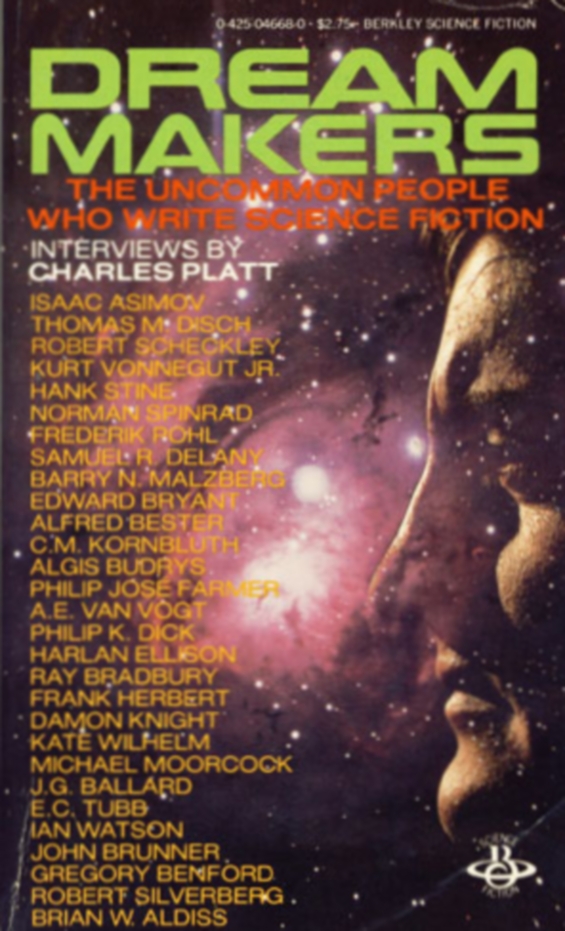
[via SFSignal.com and youtubemp3.tv]
Posted by Jesse Willis
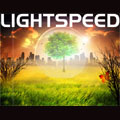
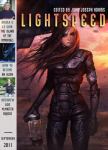



 Me? I like my Science Fiction hard and I like my SCIENCE easy. If you do too, take it easy, have a listen to some of these handy lectures about the hardest of the sciences (circa 1890), we’re talking old school pre-Einsteinian astronomy and physics!
Me? I like my Science Fiction hard and I like my SCIENCE easy. If you do too, take it easy, have a listen to some of these handy lectures about the hardest of the sciences (circa 1890), we’re talking old school pre-Einsteinian astronomy and physics!